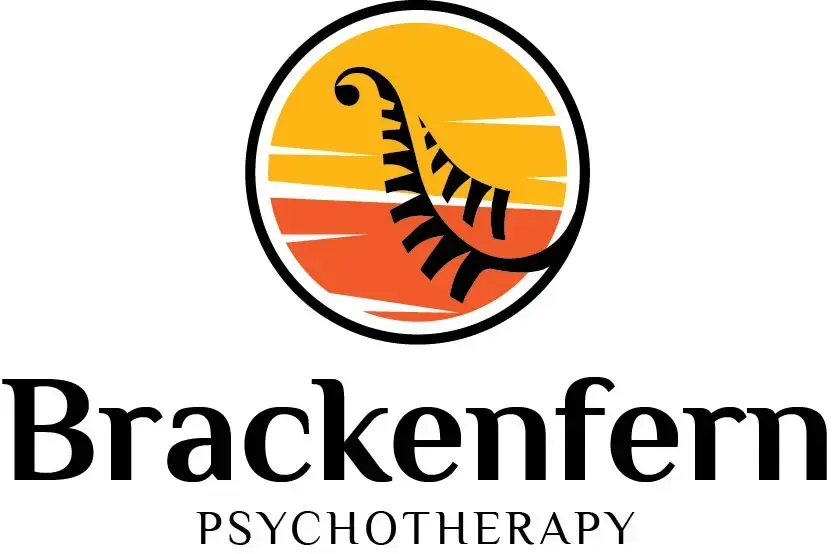Therapeutic Services
I offer humanistic therapy that focuses on the wholeness of each unique person and your innate potential for meaningful, creative healing. My approach is existential and phenomenological, which means that I attend to your complex relationships to your world, to the others in your life, and to your embodied experience. I believe that drama, literature, and the arts open access to inner experience and create greater awareness. My own stance is that of constant learning, openness, and cultural humility. I strive to practice in ways that are anti-racist, decolonizing, and respectful of persons as dynamic intersections of identities, experiences, needs, and desires. Keep scrolling to read more.
Existential Phenomenological Therapy
What does it mean to be? How is it that we are? What is my responsibility to the world?...New Paragraph
Drama Therapy
Sometimes a truth is best expressed through what is not necessarily “true”, but through stories and symbols...
Spiritually Integrated Therapy
I believe that our mental health coincides with our spiritual health...
Outdoor Therapy and Mobile Office
Would you like to attend therapy while listening to waves, walking in the sand,...
Telehealth and In-Person Therapy
Telehealth via a confidential and HIIPA-compliant video conference call can be a valuable option for people with packed...
Existential Phenomenological Therapy
What does it mean to be? How is it that we are? What is my responsibility to the world? Who is the other? Am I free? What is my choice? What is time? What is death?
Existential therapy is the systematic integration of the question of your own existence into the full living of your life. You don’t have to be a philosopher to benefit from this form of therapy, though it draws from philosophers such as Soren Kirkegaard, Martin Heidegger, Jean Paul Satre, Simone de Beauvior, Emmanuel Levinas, and Martin Buber.
The questions above apply to everyone, all the time. The existential approach to therapy is phenomenological. That is, it focuses on the full experience of what it means to be you – to live in your body, at this time, in this context, in your relationships. With growing multidimensional awareness of your lived experience, you gain better understanding of the values you hold most dear, what matters most to you in the world, and how you want to live your life. You learn to encounter meaninglessness and nonexistence with the courage to be, in order to deepen the lived reality of your own existence. Grief, pain, and trauma comingle with joy, bounty, and satisfaction. Existing fully is not easy, but it offers security and stability in the deep awareness of your unique interrelation with the world.
What does existential therapy look like? It looks like any other therapeutic relationship, and can include integration of different modalities and disciplines, from CBT or DBT skills, to attachment-based therapies, to creative therapies, or tools like EMDR. But the focus and orientation are always toward the question of your meaningful existence and ethical relationship with others and the world.
“The function of freedom is to free someone else.” –Toni Morrison
Drama-based Therapy
Sometimes a truth is best expressed through what is not necessarily “true”, but through stories and symbols. Using techniques drawn from expressive arts such as drama, literature, and poetry, we explore through embodied and vocal expression what mere words and formulas cannot always accurately touch. At the heart of any arts-informed therapy is the discovery of the meaning-filled nature of your experience,
We all play roles in our lives, in dramatic settings through which various plots are enacted. The objects and relationships in our lives work symbolically to reveal the depth of our interconnectedness to others and the world, in the past, present, and future.
Using theatrical techniques like story-telling, scene work, solo performance, mime, improvisation, ritual, and dance, a drama-based therapist works with individuals and groups to discover their potential for growth. Imagine using wordless movement to express a feeling you can’t explain. Imagine writing a poem to capture an experience you can’t fully describe. Imagine sharing this with a reflective, empathetic guide who accompanies you on your journey as a person and your discovery of yourself as an artist. As your therapist, I offer that accompaniment and guidance.
With a long background in theatre and drama, including children’s theatre, community theatre, and theatre improv, I received a PhD in Performance Studies in 2011 from UC Davis, and went on to teach dramatic literature at the university level for a number of years. I continue to discover new ways to integrate the power of performance with the art of therapy.
Eye Movement Desensitization and Reprocessing (EMDR) Therapy
What is EMDR Therapy?
Eye Movement Desensitization and Reprocessing (EMDR) therapy is an integrative psychotherapy approach. It is best to use EMDR within the context of an established, trusting, therapeutic relationship. We can assess whether EMDR is an appropriate choice for you.
How does EMDR work?
EMDR therapy is an integrative psychotherapy and uses a technique called bilateral stimulation to repeatedly activate opposite sides of the brain. Therapists often use eye movements to facilitate the bilateral stimulation. These eye movements mimic the period of sleep referred to as rapid eye movement or REM sleep, and this portion of sleep is frequently considered to be the time when the mind processes the recent events in the person’s life.
EMDR seems to help the brain reprocess the trapped memories is such a way that normal information processing is resumed. Therapists often use EMDR to help clients uncover and process beliefs that developed as the result of relational traumas, or childhood abuse and/or neglect. For a more detailed explanation please visit emdria.org.
What does EMDR help?
EMDR had been originally established as helpful for PTSD, although it’s been proven useful for treatment in the following conditions:
- Panic Attacks
- Complicated Grief
- Dissociative Orders
- Disturbing Memories
- Phobias
- Pain Disorders
- Performance Anxiety
- Addictions
- Stress Reduction
- Sexual and/or Physical Abuse
- Body Dysmorphic Disorders
- Personality Disorders
Or, do you experience distressing emotions that appear to you, and perhaps to others, to be excessive given the current situation? Do you tend to be highly reactive to certain triggers? Is there one or more dysfunctional belief that you believe about yourself that on an intellectual level you know is not true?
If so, you may be a good candidate for EMDR therapy.
I am an EMDR International Association approved therapist.
Spiritually Integrated Therapy
I believe that our mental health coincides with our spiritual health. Perhaps you are having difficulty integrating your spiritual life with your mental health diagnosis. Or perhaps your experience of religion has harmed or hindered you, and yet you continue to feel the call of spirit.
With sensitivity and humility, I will help guide your answer to spirit’s call in a way that is mindful of your mental health. I received a Master’s degree in Transforming Spirituality from Seattle University’s School of Theology and Ministry in 2006. My outlook is culturally sensitive, trauma-informed, and inclusive.
Outdoor Therapy and Mobile Office
Coming soon!
Would you like to attend therapy while listening to waves, walking in the sand, or gazing up into a canopy of trees? Do you long for an integration of your inner life and the natural world?
Meet Fern, my 1985 Volkswagon Vanagon and mobile office. We can meet at an agreed-upon outdoor location in the Port Townend area. Want therapy, don’t have childcare? We can meet at a park where your kids can play.
Telehealth and
In-Person Therapy
Telehealth via a confidential and HIPAA-compliant video conference call can be a valuable option for people with packed schedules or who live in remote locations. We can assess together whether telehealth or in-person options for therapy are best suited to your needs. I also offer hybrid options; for example, we can meet in person monthly, with weekly sessions online.
Reach out to me today!
Please fill the form below.
Or, go here to sign up for a free 15-20 minute phone or video consultation to see if working together feels like a good match.







